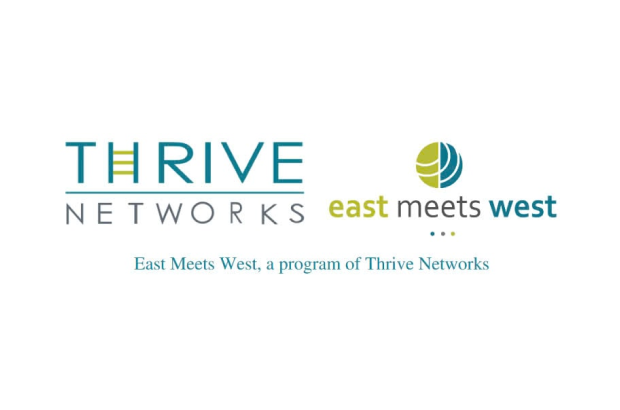Deworming
612

• 905,000 Preschool and school-aged children received deworming treatment • 9,000 Health workers and community leaders trained to deliver hygiene education • 2,600 Schools received teacher training on administering deworming medication East Meets West’s deworming program was a three-year, school-based deworming initiative that integrated sanitation and hygiene education to reduce reinfection rates among at-risk children in Vietnam. With funding from philanthropic organization Dubai Cares, the program targeted four rural provinces that have poor sanitation coverage and high rates of soil transmitted helminths (STH) infection. STH (more commonly known as intestinal worms) causes health problems in children that can negatively affect school attendance and ultimately lead to poor life outcomes. The program provided deworming medication to an estimated 905,000 preschool and school-age children from over 2,600 kindergartens and primary schools. Teachers and community health workers were trained to administer the medicine to their students at school, ensuring a cost-effective and scalable approach. The provision of deworming medication was complemented by the program’s focus on increasing awareness. The Deworming initiative trained 10,000 individuals across its program locations – teachers, health workers, and local Vietnam Women’s Union members -- to deliver education in their communities on improving personal hygiene, reducing the practice of open defecation, and eliminating unsafe soil fertilization practices. Building community awareness about the factors that contribute to infection was key to reducing reinfection rates and increasing program sustainability. Collaboration was key to the success of the Deworming initiative at all levels. On the ground, the program leveraged the existing infrastructure of schools, teachers, health workers, and local civic groups to implement its activities. In partnership with the nonprofit Evidence Action and the Vietnam Health Environment Management Agency, we generated evidence of the impact of an integrated approach and will advocate with government partners for adoption of an integrated national policy to control STH. Together with the provision of deworming medicine to at-risk children, a cross-sector approach that addresses these multiple environmental factors was needed to minimize the risk of re-infection and promote sustainable health outcomes.

